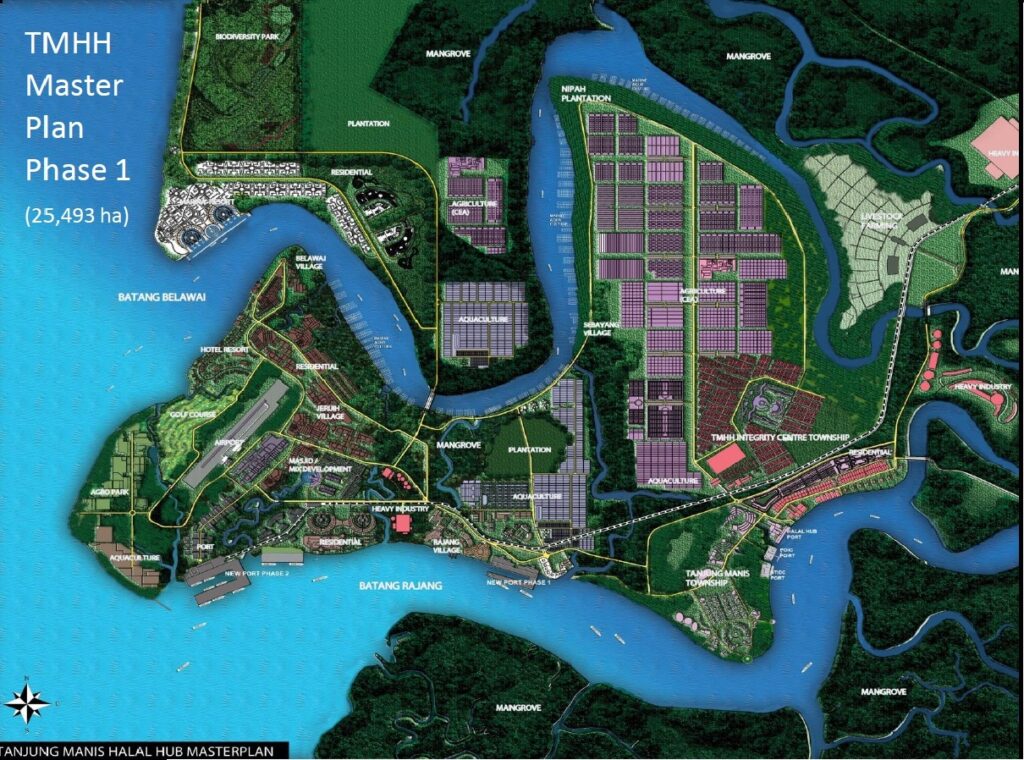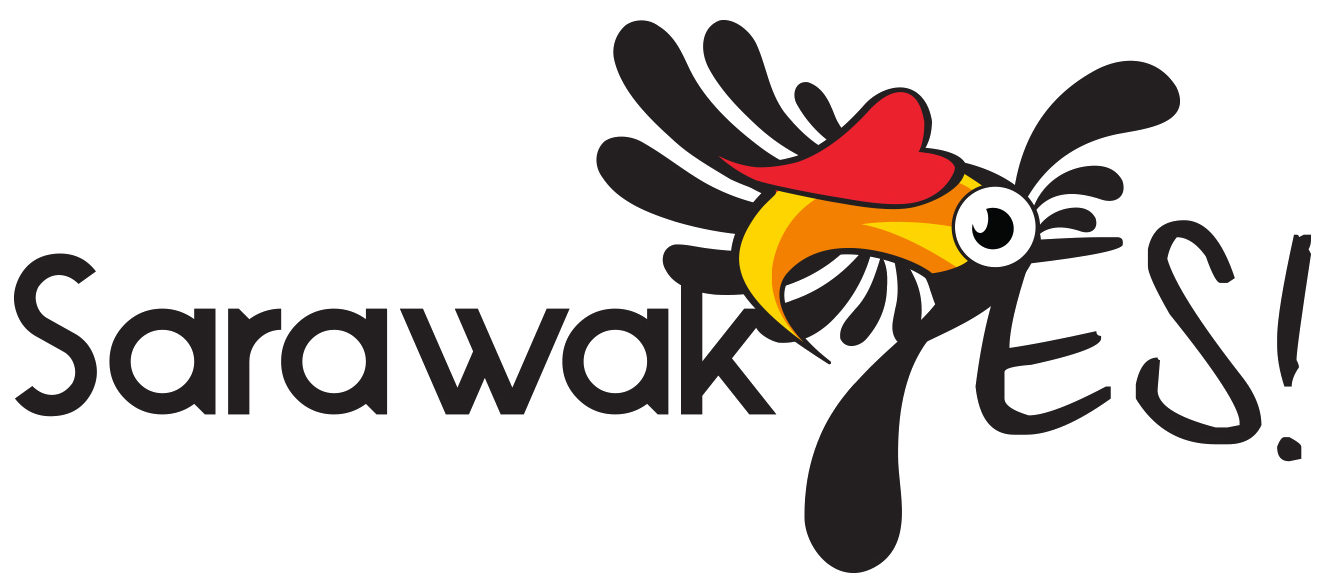When you pick up a product with a halal logo, you assume it’s been properly certified.
But how certain can you be that it has followed halal requirements from the very beginning until it reaches your plate?
While certification is enough to instill confidence among most local buyers, global markets demand greater transparency.
Importers want to know: Were the ingredients sourced correctly?
Was the handling clean?
Was the packaging compliant?
And was the shipping process halal-friendly?
Blockchain technology provides a solution.
Think of it as a digital diary that can’t be edited.
It documents each phase of production and distribution—including slaughter, processing, packaging, and logistics.
For halal businesses, this means stronger credibility and a guarantee that their products are both authentic and compliant.
As a recognised leader in the global halal economy, Malaysia is steadily leveraging blockchain to enhance trust in its halal exports.
In 2024 alone, halal product exports surged to approximately RM61.79 billion, underscoring a strong global appetite for halal-certified goods.
With the Halal Industry Master Plan 2030 (HIMP 2030) setting a target of RM75.2 billion by 2030, technology-driven solutions are poised to play a key role as enablers of growth.

Sarawak is likewise asserting its role in this ecosystem, with the Tanjung Manis Halal Hub attracting substantial investments and establishing itself as a platform to serve international demand.
Why Blockchain Matters in Halal Assurance
Traditionally, halal certification has depended on paperwork, inspections, and audits.
Although generally effective, this system is susceptible to inefficiencies such as administrative delays, misplaced documentation, and occasional risks of malpractice.
Blockchain offers a solution by establishing a decentralised, tamper-proof ledger accessible across the supply chain.
For example, a Sarawak-based seafood exporter is shipping frozen prawns to Dubai.
Using blockchain, every detail is logged: where the prawns were caught, how they were processed, the hygiene standards of the facility, the cold-chain temperatures during storage, and the halal certification of the plant.
This verified data is then embedded into a QR code placed on the product packaging, enabling importers and consumers to instantly trace the prawns’ provenance—ensuring transparency, trust, and compliance with halal standards.
Why This Matters for Sarawak’s Young Entrepreneurs
For young Sarawakians aspiring to enter the halal business space, blockchain offers new opportunities.
In the past, SMEs often found halal certification too complicated and expensive.
Through digitalisation, however, even micro and small businesses can systematically record their processes, strengthen brand credibility, and penetrate export markets with stringent transparency requirements.
Imagine a young entrepreneur in Mukah making sago-based health snacks.
By adopting digital record-keeping from the start—tracking suppliers, batch codes, cleaning practices, and storage conditions—the business can easily integrate into a blockchain-enabled halal traceability system later on.
This approach not only streamlines compliance and audit readiness but also enhances global marketability.
With a QR code on each pack showing the snack’s halal journey, buyers at home and abroad can instantly see the product’s authenticity—a unique selling point that sets them apart.
The financial landscape for halal SMEs is also evolving positively.
Islamic banks across Malaysia are realigning their SME financing portfolios with HIMP 2030 to broaden access to halal-compliant capital.
At the same time, agencies such as the Halal Development Corporation (HDC) provide advisory services and market insights, while MIDA supports investment and incentives to help SMEs expand.
In Sarawak, the Tanjung Manis Halal Hub offers a purpose-built ecosystem that strategically situates halal producers near export infrastructure and logistics networks.
From Local Kitchens to Global Markets
The real breakthrough with blockchain is that it takes halal assurance out of the filing cabinet and puts it directly in front of consumers.
Rather than relying solely on certification claims, businesses can demonstrate halal integrity through a transparent, tamper-proof digital record—an asset that aligns with the growing global emphasis on authenticity and sustainability.
Of course, blockchain is not mandatory for halal certification.
JAKIM’s standards and audits continue to provide the authoritative foundation of halal assurance.
However, early adoption of blockchain allows entrepreneurs to streamline compliance, strengthen credibility, and differentiate themselves within increasingly competitive markets.
For young Sarawakians, this is where food and tech meet opportunity.
From seafood in Tanjung Manis to sago snacks in Mukah, businesses that pair local strengths with blockchain transparency could be market-ready far sooner than before.
Conclusion
Sarawak is in a prime spot to tap into Malaysia’s halal boom, and its young entrepreneurs could be the ones leading the charge.
By weaving blockchain into their business models—through digital record-keeping, IoT-enabled cold-chain tracking, or QR codes for consumers—young entrepreneurs can create brands that earn trust locally and internationally.
In an industry where credibility defines competitiveness, technology now represents the most valuable form of currency.
Reference:
- Halal Industry Master Plan 2030 (HIMP 2030)
- HDC Sees Malaysia’s Halal Exports Rising Up to 15% in 2023
- Halal-Certified Food and Beverages: Malaysia’s Export Powerhouse (2025 Edition)
- Malaysia’s Halal Product Exports Up 15% to RM61.79 bil in 2024
- Malaysia Targets RM75 billion Halal Exports by 2030
- JAKIM Explores AI, Blockchain to Boost Halal Certification Monitoring
- Govt to Boost Tanjung Manis Halal Hub’s International Reach
- Tanjung Manis Halal Hub in S’wak Records 18 mil in Investments
- Islamic Finance and the Development of Malaysia’s Halal Economy
- Tanjung Manis Halal Hub

